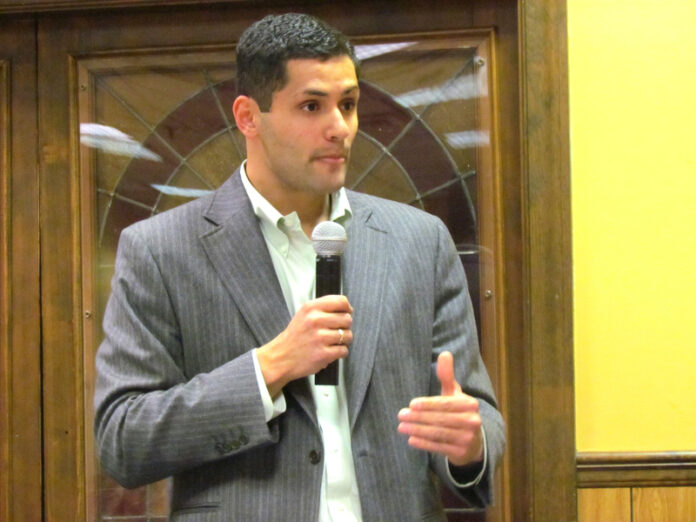As reported here, the General Assembly convened in Richmond on January 11, starting with about 5,000 bills to consider. One of the more controversial of those is House Bill 2091. It is co-sponsored by 13 Democrats in the House of Delegates.
One co-sponsor is Del. Elizabeth Guzman (D-Dumfries). Guzman made national headlines by supporting House Bill 580, which in 2020 aimed to redefine child abuse and neglect by including parents or guardians who “inflicted upon such child a physical or mental injury on the basis of the child’s gender identity or sexual orientation.” In other words, a parent who opposed their minor child receiving hormone blockers or sex-change surgery could face jail time.
In addition to Del. Guzman, another of the 13 co-sponsors of the new bill, 2091, is Del. Salam “Sam” Rasoul (D-Roanoke City). HB 2091 is written to change the Code of Virginia in three significant ways. As reported here,
- It rewrites Code of Virginia § 20-124.6. Access to minor’s records lets health care workers deny a minor patient’s records to parents if, in the provider’s judgment, providing those records would be “reasonably likely to deter the minor from seeking care.”
- It changes Code of Virginia § 54.1-2969. Authority to consent to surgical and medical treatment of certain minors by adding:
- L. Any minor 16 years of age or older who is determined by a health care provider to be mature and capable of giving informed consent shall be deemed an adult for the purpose of giving consent to consultation, diagnosis, and treatment of a mental or emotional disorder by a health care provider or clinic.
The Diagnostic and Statistical Manual of Mental Disorders (DSM), the book from the American Psychiatric Association (APA) that is widely seen as the final authority on psychiatric diagnoses, includes “Gender Dysphoria” among its categories. When a condition is listed in the DSM, insurance can be called upon to pay for treatment and surgeries, which reveals a financial aspect to the debate about Gender Dysphoria.
In summary, if a health care worker thinks a parent would oppose his or her 16 or 17-year-old child receiving hormone blockers or a sex-change surgery, and if the health care worker deems the teen to be “mature and capable of giving informed consent,” then the teen can undergo such an operation, mutilation of genitals or breasts, and/or hormone blockers.
Meanwhile, in the same bill, 16-year-olds would not be able to donate blood without parental consent, and 17-year-olds can only donate blood without such permission as long as they do not get paid for the donation. As stated in H. Any minor 16 years of age or older may, with the consent of a parent or legal guardian, consent to donate blood and may donate blood if such minor meets donor eligibility requirements. However, parental consent to donate blood by any minor 17 years of age shall not be required if such minor receives no consideration for his blood donation and the procurer of the blood is a nonprofit, voluntary organization.
Whereas donating blood is a minor procedure that can be completed within one hour and a healthy person can usually recover after consuming some fruit juice and a snack, receiving hormone blockers or a sex-change surgery sets in place irrevocable bodily changes that last a lifetime. The text of HB 2091 does not explain why sex-change surgeries for minors are allowed while blood donations are not.
HB 2091 has died in the current General Assembly because on January 26, a House subcommittee voted (6-Y 4-N) to “pass by indefinitely.”
Moreover, no Democrats in the State Senate introduced a companion bill to HB 2091.

